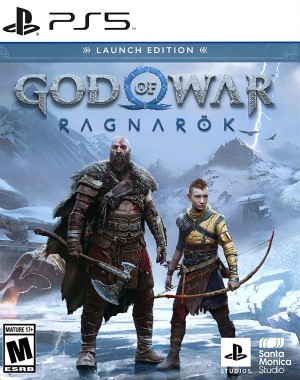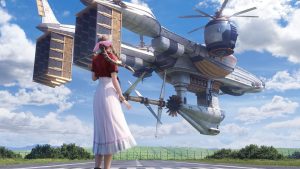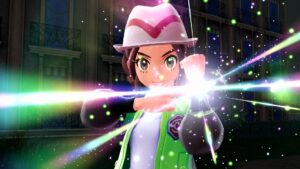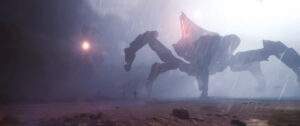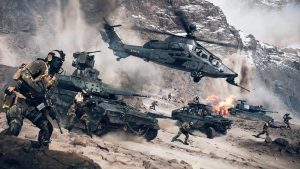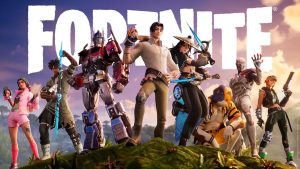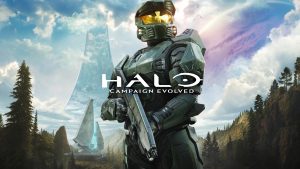
Even though Horizon Forbidden West has been dominating the conversation since its launch over a month ago, there are still a couple of big releases primed for 2022 that can have a similar effect on critics and audiences. One of those is God of War Ragnarok, easily one of the most hotly-anticipated sequels in recent memory, to one of the most highly regarded games of the previous generation. Given the momentum that it has from its predecessor, it’s easy to be confident in how it’ll be shaping up behind the scenes, but as fans, we all have our own expectations as well. And with a game as massive as this one, there are plenty of expectations.
Here, we’re going to talk about a few of them- in a sense. We’ve spoken plenty in the past about things we want to see in God of War Ragnarok, but here, we’re going to instead turn out attention to things we don’t want, whether that’s a lack of expected improvements, errors in execution, or something else entirely.
LACK OF BOSS FIGHTS
God of War (2018), for all of its strengths, did have a few issues- one of them that stood out to series fans was its relative lack of boss fights. Major set-piece boss battles were few and far between, and the minibosses that attempted to fill that void were far too repetitive and similar to each other (though of course, the Valkyries did make up for that to a great degree). Most of us are expecting God of War Ragnarok to turn the heat up in more ways than one, so we’d be more than a little disappointed if the game wasn’t much more densely packed with major boss fights and intense set-piece moments than its predecessor- especially given the fact that, with this being the last game in the Norse saga, Kratos has a laundry list of mythical Norse figures to slaughter.
LACK OF ENEMY VARIETY
Enemy variety was another area where 2018’s God of War wasn’t quite at the level that it probably should have been. Combat in the game never got uninteresting, of course, thanks to its core mechanical strength, but a game of that size and length needed a much bigger roster of enemies. God of War Ragnarok is probably going to be even bigger and longer, which means it’s in even greater need of enemy variety. Having a roster of enemies that present a number of unique challenges and have different strengths and abilities is almost a must for the game.
A RUSHED STORY
This is something that can be applied to pretty much any story-focused game, sure, but it’s a particularly valid concern in God of War Ragnarok’s case- simply because there’s so much the game has taken on in terms of narrative responsibilities. Not only does it have to answer questions raised in the first game and continue the story threads that were left unresolved (including the ones in the side quests), it also has to wrap up the entire Norse saga. When God of War (2018) came out, most of us assumed that the Norse saga would be a trilogy, given where the first game ended and just how much stuff there was still left to cover. With Ragnarok taking on the responsibility of doing all of that in a single game, it’s crucial for the game to ensure that it doesn’t rush through key plot points and story moments.
Speaking of which…
UNANSWERED QUESTIONS
This is another one of the many narrative responsibilities God of War Ragnarok is shoulder thanks to its commitment to ending the series’ Norse saga. It’s going to have to answer all the questions that were raised in the previous game (which was a lot), as well as the questions it will raise itself throughout its runtime. That’s not always an easy task – there’s no shortage of examples of disappointing conclusions to beloved stories that falter in this fashion – but given how heavily this series has invested in its story and how invested the player base is in Kratos, Atreus, and what happens to them, Ragnarok will have to stick the landing in this area.
INCONSISTENT PACING
In all likelihood, God of War Ragnarok is going to end up being a pretty long game – longer even than the 2018 title – and the one thing long games especially often struggle with is pacing. Even the best ones- even games like Persona 5 have pacing issues. Obviously, God of War Ragnarok isn’t going to be a 100-hour behemoth like Persona 5, but it’ll still have to maintain consistent pacing throughout its runtime on both story and gameplay fronts. This is an area where the fact that this is the Norse saga’s conclusion will work in the game’s favour, because if it’s as packed and eventful as that necessitates, then there’s a good chance that pacing won’t be an issue for Ragnarok.
LACK OF CONNECTIONS TO GREEK-ERA GAMES
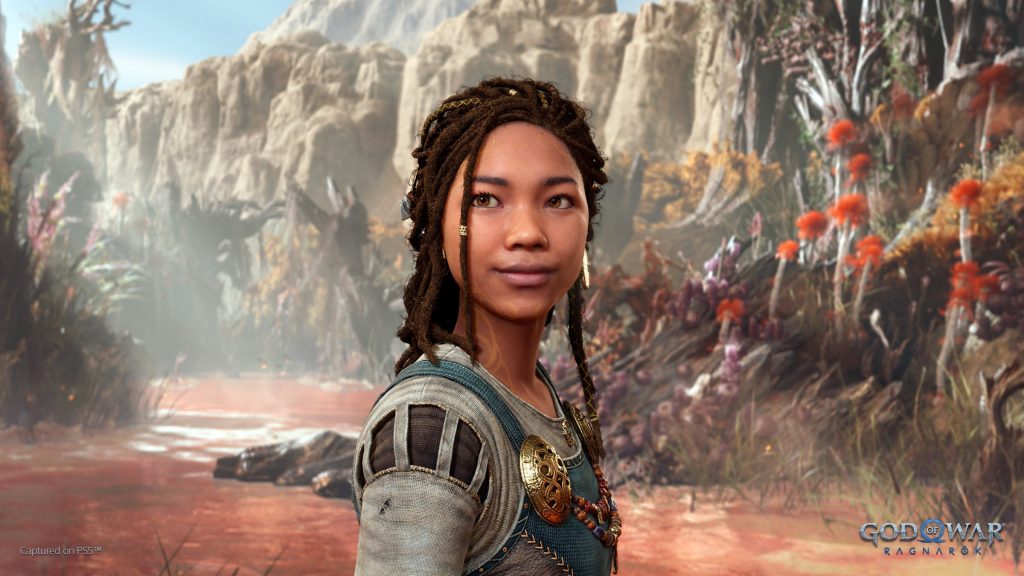
God of War (2018) struck almost the perfect balance in this area. It was the ideal “soft reboot”- a perfect entry point that allowed newcomers to come in without having to worry about all the baggage of the many previous God of War games. At the same time, it was also a proper sequel, very much built on its Greek-era predecessors, calling back to crucial events as and when it needed to. That balance will be harder to strike for Ragnarok, because as the conclusion to the Norse saga, it doesn’t want to overshadow that with too many connections to the past games. At the same time, given Kratos’ past, his personal character arc, and how it all could potentially affect his relationship with Atreus, the Greek-era God of War titles are going to be impossible to ignore. At least we’re hoping that’s the case- for instance, the fact that Kratos killed his first wife and daughter before the events of the first God of War is something that he still hasn’t told Atreus about, and it’ll be strange if he never does.
LACK OF IMPROVEMENTS TO RPG MECHANICS
God of War (2018)’s complete reinvention of the series’ formula had several layers to it- one of those was the game’s reworked progression system. Built around RPG mechanics, from earning XP and leveling up to crafting, upgrading, and earning new loot, God of War (2018) has a progression system that’s great on paper- though in practice (at least on normal difficulty) it doesn’t feel like a crucial part of the experience. Our hope is that Ragnarok will make improvements here. Looking at the many abilities and runic attacks you could unlock in the 2018 title, it’s clear that SIE Santa Monica is more than capable of providing players with meaningfully different upgrades and options. Hopefully they’ll apply similar ideas to loot as well, so that leveling up and earning new and powerful gear feels meaningful, and actually provides proper options with more tangible variety.
KRATOS’ DEATH
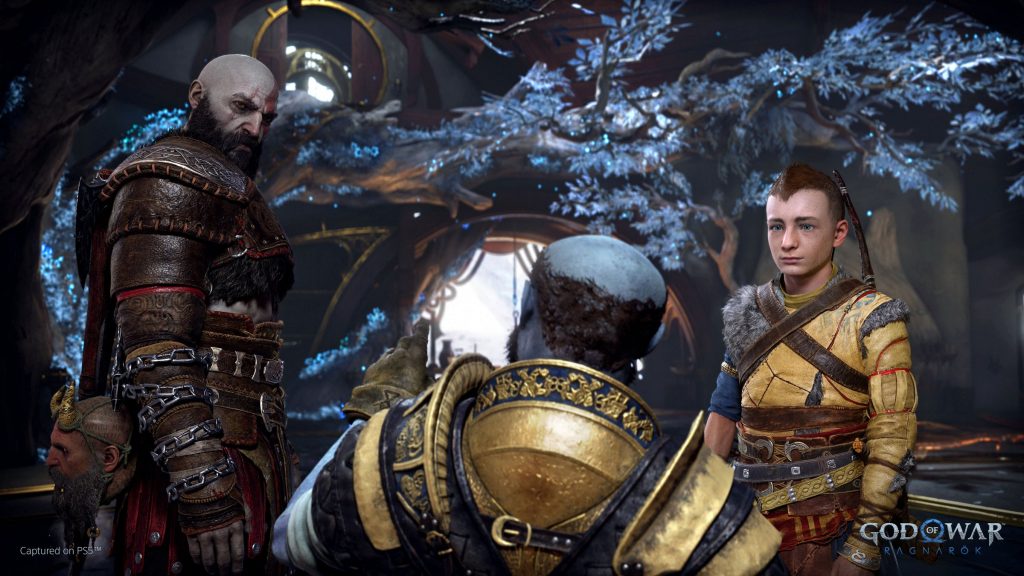
There’s nothing to suggest right now that Kratos will meet his end in God of War Ragnarok, but there’s no shortage of fan theories out there that provide compelling arguments for why that has a good chance of happening. You could argue that a man with Kratos’ past can’t possibly have a happy ending, that a hypothetical death at Atreus’ hands would fit perfectly with the series’ running throughline of sons killing their fathers, that SIE Santa Monica might decide to retire Kratos and shift to Atreus as the main protagonist going forward. Those are all compelling reasons for why Kratos might not make it past the end of God of War Ragnarok. It would be a big mistake if he doesn’t though- much more so than, say, Joel with The Last of Us, Kratos is the face of the series. He’s deeply ingrained in the franchise’s identity, especially now that he’s been given significant depth and complexity, turning him into a far better and more interesting character. We’re all for bold storytelling – in fact, we like nothing better – but if those fan theories do turn out to be true, there’s going to be a lot of unhappy fans out there.








